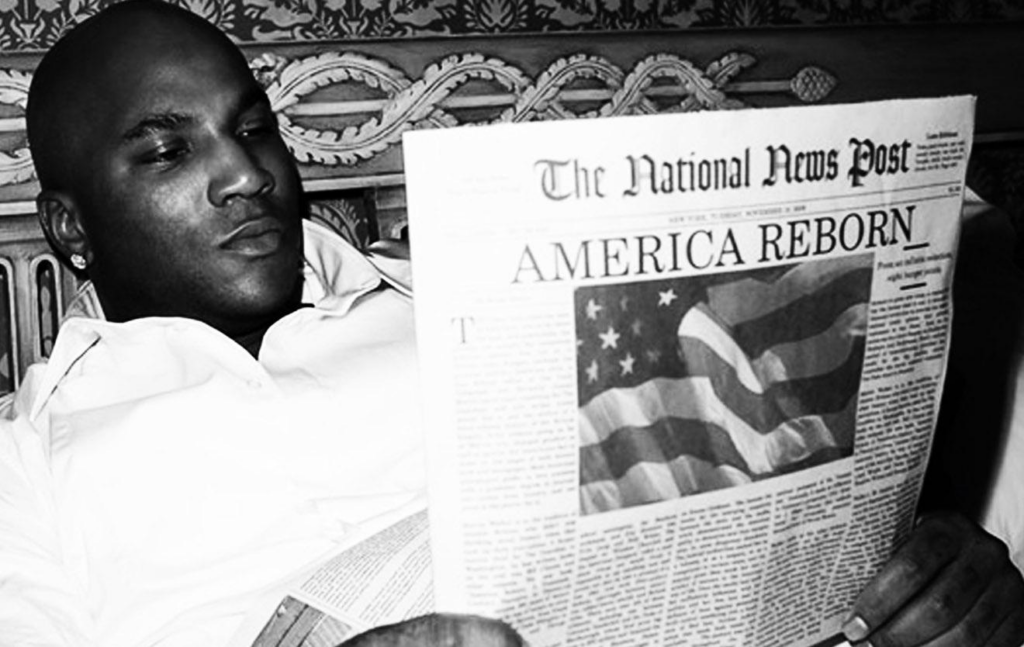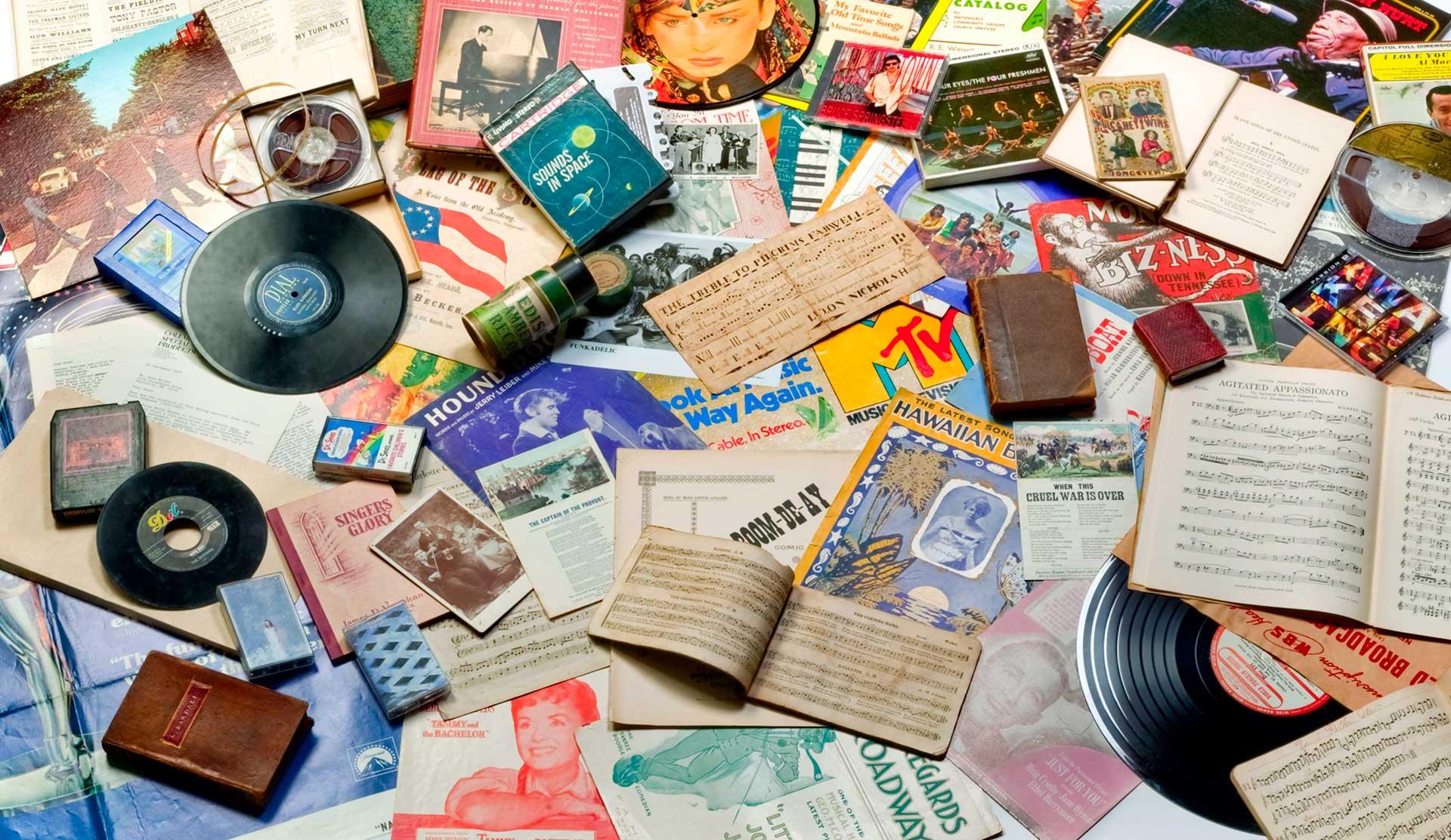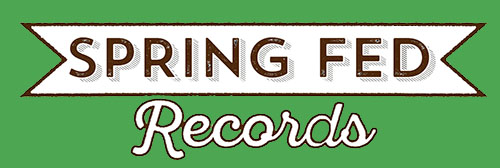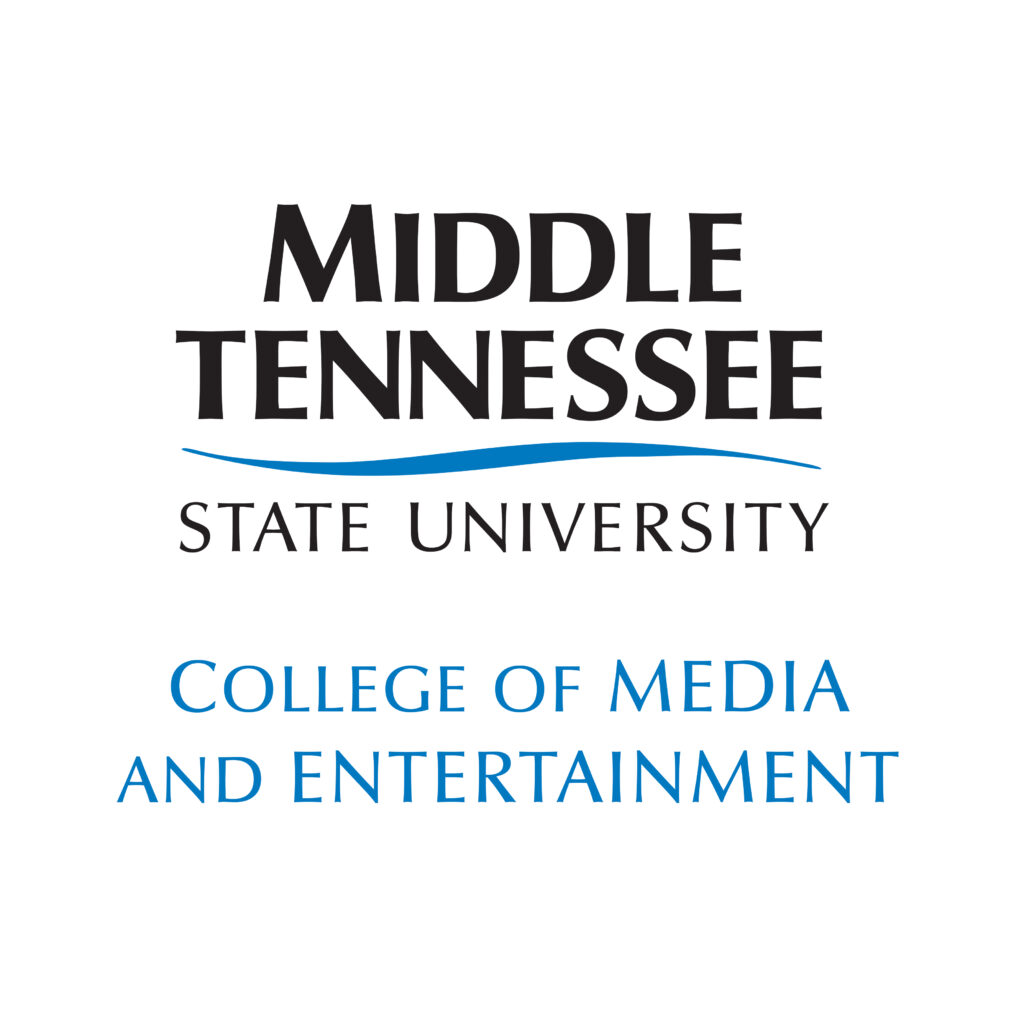Many schools and places of business observe the federal holiday for Dr. Martin Luther King Jr’s birthday on the third Monday in January, but his actual birthday is today, January 15. King would be 96 today and had an immeasurable influence on the world through his writings, speeches, and actions advocating for marginalized and disenfranchised people around the world, especially African Americans, as he fought against racial discrimination, Jim Crow laws, and segregation during the 1950s and 1960s.
King’s influence is still felt today through popular music in a variety of genres. There are countless songs that quote, mention, or even sample Martin Luther King Jr., but here are seven tracks that celebrate the work and life of Martin Luther King Jr. or are in conversation with him in some way and personally resonate with me. One was released during his lifetime, and the rest grapple with or are inspired by his legacy of fighting for civil rights and social justice.

1. “A Change Is Gonna Come” by Sam Cooke (1964)
Although it opens with a lush flourish of strings and a horn section courtesy of Brill Building producers Hugo & Luigi, 1964’s “A Change is Gonna Come” is actually a protest song from singer-songwriter and “King of Soul” Sam Cooke. Its lyrics were influenced by Cooke’s own experiences of being turned away from a Holiday Inn in Shreveport, Louisiana because he was Black, along with “Blowin’ in the Wind” by Bob Dylan and Martin Luther King Jr’s “I Have a Dream” speech that was delivered the year before the song was released. Sam Cooke also met King at the Atlanta airport and promised to dedicate a song to him. “A Change Is Gonna Come” acknowledges the difficulties that Cooke has faced because of the color of his skin, such as Jim Crow laws not allowing him to go to certain restaurants or movie theaters. Sam Cooke was even unjustly arrested for disturbing the peace when the horn on his Maserati malfunctioned one night. By releasing “A Change Is Gonna Come,” he also risked alienating his white fans, who enjoyed his R&B love songs but weren’t ready for more personal songs about the Black experience. However, with its powerful lyrics, timeless sound, and hopeful message, “A Change is Gonna Come” became one of Cooke’s most important songs and has been covered or sampled by a variety of artists, including Otis Redding, Beyoncé, and Lil’ Wayne. Its lyrics are also on the walls of the Contemplative Court at the National Museum of African American History and Culture.

2. “Happy Birthday” by Stevie Wonder (1980)
Without Stevie Wonder’s 1980 single “Happy Birthday” from his 19th album studio, Hotter Than July, Martin Luther King Jr.’s birthday may not have become a national holiday. Wonder took a four-year hiatus from recording albums to campaign for a federally recognized holiday to commemorate King’s life and work. He worked closely with King’s widow, Coretta Scott King, organizing concerts and rallies and even attending Congressional hearings about the topic. He faced opposition from critics (Including then-president Ronald Reagan), who cited Martin Luther King’s personal character, political views, and even the cost of lost earnings as reasons why he shouldn’t get his own federal holiday. However, a bill making Martin Luther King Jr’s birthday a federal holiday passed through both houses of Congress and was signed into law by President Reagan on November 2, 1983. In 1986, Stevie Wonder performed “Happy Birthday” at “An All-Star Celebration Honoring Martin Luther King Jr.” which celebrated the passing of the bill. Musically, the track is a joyful synth-driven anthem composed and played by Wonder on a Fairlight CMI with female backing vocals that evoke a gospel choir. It’s a plea to honor a man who laid down his life for racial equality in the United States and directly opposes the detractors of Martin Luther King Jr. Day.

3. “Pride (In the Name of Love)” by U2 (1984)
Martin Luther King’s life and work crossed oceans and influenced international artists like Dublin, Ireland’s U2, who included not one, but two songs about him on their 1984 multi-platinum album The Unforgettable Fire. “Pride (In the Name of Love)” was the lead single from that record, and in its third verse, U2 frontman Bono sings about the day King was assassinated at a Memphis motel. (He was in town to support a sanitation workers’ strike.) Bono’s lyrics and emotive vocals, combined with The Edge’s signature guitar sound, paint a picture of a man who was fighting for peace but was killed violently. Because they grew up and released their early albums during “The Troubles” in the Republic of Ireland and Northern Ireland, many of U2’s songs are about wars, conflicts, and the fight for civil rights, including “Sunday Bloody Sunday” and more recently, “Walk On” about imprisoned Burmese politician Aung San Suu Kyi. “Pride” is no exception and is a celebration of Martin Luther King’s selfless, turn-the-cheek love for his fellow human beings

4. “They Killed Him” by Kris Kristofferson (1986)
Kris Kristofferson’s 1986 single “They Killed Him” from the album Repossessed is a country rock hymn to martyrdom, specifically focusing on Mahatma Gandhi, Jesus Christ, John F. Kennedy, Robert F. Kennedy, and, of course, Martin Luther King. Each verse lists off the good things each man did for humanity before closing with the powerful refrain, “They killed him!” According to rock critic Randall Beach, Kristofferson wrote the song after watching the 1984 Best Picture-winning biographical film Gandhi and making connections between the Indian civil rights activist and American activists, who were murdered in the prime of their lives. “They Killed Him” was also recorded by Johnny Cash and Bob Dylan and covered live by the country supergroup The Highwaymen, which consisted of Kristofferson, Cash, Willie Nelson, and Waylon Jennings. “They Killed Him’s” subject matter definitely fits the outlaw country genre and provokes reflection about the senseless deaths of good men across the ages, but especially in the 1960s in the United States.

5. “My President” by Jeezy ft. Nas (2008)
“My President” by Jeezy and Nas preemptively celebrates the election of the first Black president of the United States, Barack Obama. It was recorded in June 2008 for Jeezy’s album The Recession when Obama became the Democratic nominee but wasn’t released as a single until after he won the presidential election in November. Featuring the memorable hook “My president is Black, my Lambo’s blue,” the song argues that Barack Obama becoming president is the culmination of Martin Luther King Jr.’s dream because a Black man now holds the highest office in the land. In the second verse, Jeezy talks about how Obama’s campaign has made him feel hopeful for once after experiencing and learning about so many tragedies in the world, like Hurricane Katrina (Jeezy opened his Atlanta home to Katrina survivors.), the 2008 Sichuan earthquake, and the deaths of Southern rappers Soulja Slim and Pimp C. Nas’ guest verse is hopeful as well, but after mentioning that many Black men can’t vote because of felonies, he charges Barack Obama to “never lose your integrity” hinting at the corrupting nature of power. All in all, “My President” brings Martin Luther King Jr’s “I Had a Dream” speech into the 21st century with pulsating beats from Tha Bizness and a swagger-filled message of hope, change, Lamborghinis, and spinach dip to the dark days of the Great Recession. It was also on my 2008-2009 high school basketball warm-up CD, to the delight of some and the displeasure of others, depending on their political leanings.

6. “Backseat Freestyle” by Kendrick Lamar (2012)
Kendrick Lamar opens the song “Backseat Freestyle” from his 2012 major label debut album Good Kid, M.A.A.D City with the line “Martin had a dream.” However, what follows in the track isn’t a rhymed close reading of Martin Luther King Jr.’s “I Had a Dream” speech but a pointed critique of a younger Kendrick Lamar, who solely cared about hedonism and not social justice like the current-day Lamar. Immediately after name-dropping King, the Compton, California, rapper starts discussing his sexual prowess, sports cars, drugs, and violence in a very graphic manner. Legendarily recorded in only two takes, Kendrick Lamar’s nimble flow transports the listener back in time to his teenage psyche and desire for “money and power,” which is the exact opposite of the “riches of freedom and security of justice” that Martin Luther King mentioned in his famous speech. “Backseat Freestyle” is a flashback to chapter one of K-Dot’s journey as an artist that truly blossomed in his next album, To Pimp a Butterfly, which was heavily influenced by the history of African-American music. Butterfly also featured the track “Alright,” which became an anthem for the Black Lives Matter movement, ringing out during many anti-racist and anti-police brutality protests in the late 2010s and early 2020s as “Martin’s dream” became “Kendrick’s dream.”

7. “Thieves! (Screamed the Ghost)” by Run the Jewels ft. Tunde Adebimpe (2016)
Numerous songs have alluded to or sampled Martin Luther King Jr’s “I Have a Dream” speech. However, hip-hop duo Run the Jewels, consisting of Atlanta rapper Killer Mike and New York rapper/producer El-P, chose to sample his “The Other America” speech instead in the outro of their track “Thieves! (Screamed the Ghost)” from the 2016 album Run the Jewels 3. This 1967 speech addresses racial and economic inequality in the United States and contains the famous line “… a riot is the language of the unheard”. Using the framing narrative of a ghost story, El-P and Killer Mike document the 2014 Ferguson unrest that happened after police officer Darren Wilson fatally shot Michael Brown and dig into the systemic reasons for the riots and protests in a similar manner to what King did in his “The Other America Speech.” For example, American prison workers produce $11 billion in goods and services while being paid virtually nothing, so Killer Mike argues that there’s a profit motive for sending people of color to prison for non-violent offenses. The inclusion of and allusions to a Martin Luther King Jr. speech in “Thieves!” also shows the cyclical nature of history because anti-Black racism and police brutality continue to be major issues in the United States decades after King’s death. With the assistance of metaphors from horror and science fiction stories in a similar manner to the films of Jordan Peele and the classic Twilight Zone television show, Run the Jewels applies Martin Luther King Jr’s speeches and ideology to current events and beyond taking aim at systemic racism and the American penal system with a ripple righteous anger offset by TV on the Radio’s Tunde Adebimpe’s pleading guest vocals in “Thieves'” bridge.
Thank you for reading this blog post, and have a restful MLK Day! Feel free to share your thoughts on the article and comment with what you’ll be listening to on Martin Luther King Jr.’s birthday on our Facebook, Instagram, or X posts.
-Logan Dalton
The views expressed in this blog are the staff member’s own and do not necessarily reflect the views of The Center for Popular Music and Middle Tennessee State University.




